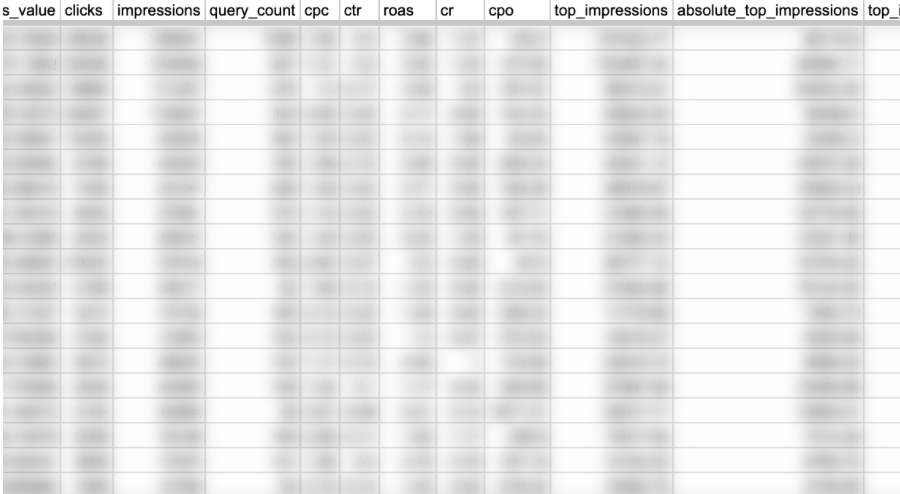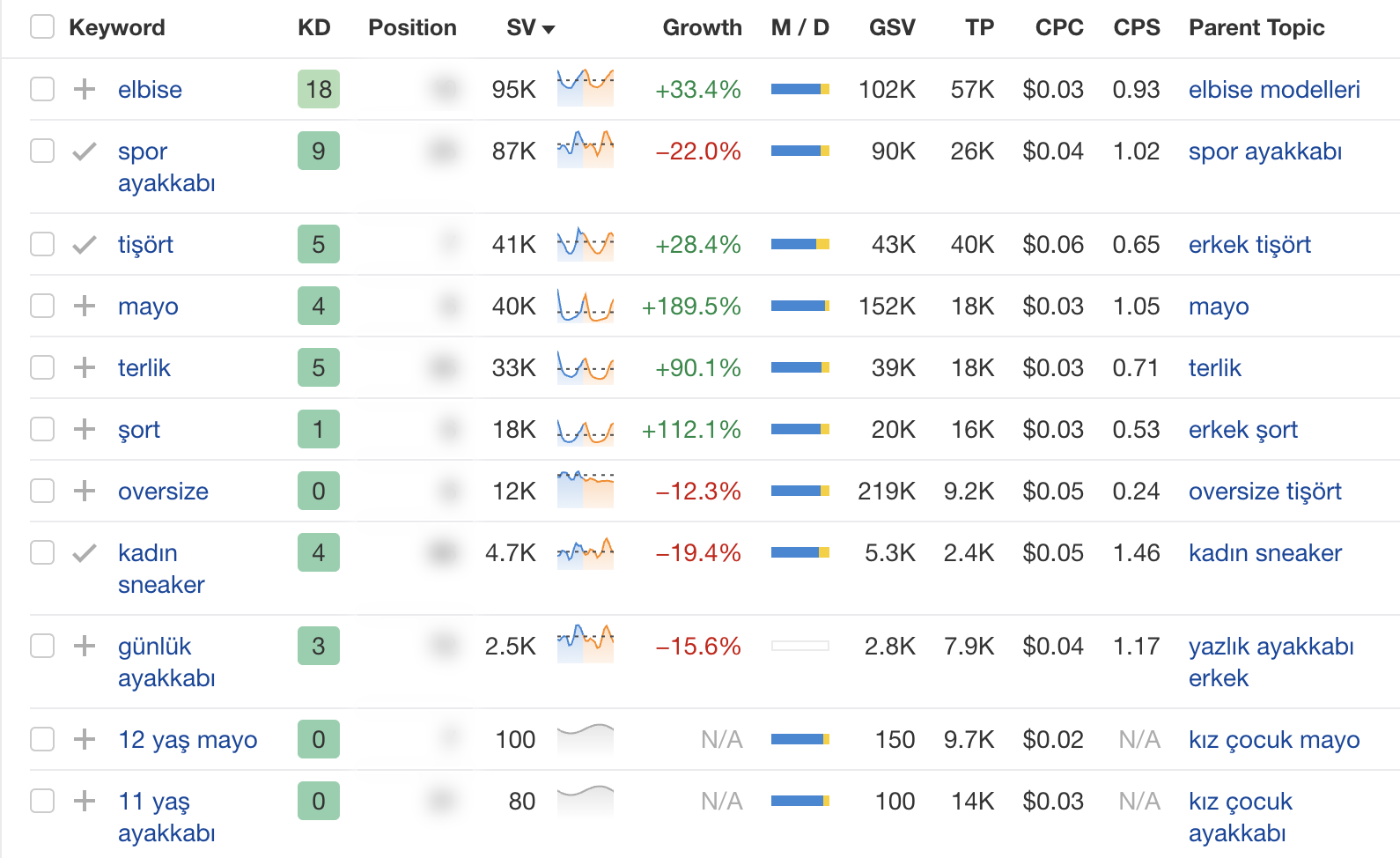
Burcu Aydoğdu
Jul 25, 2024Profitable Organic Content Production with N-Gram Analysis

How to Generate Profitable Organic Content with N-Gram Analysis?
In the e-commerce projects we consult on for SEO, we have all certainly encountered the expectation: “We don’t want to create blog content only to gain organic traffic; our goal is also to generate revenue from the blog content we produce.” After performing the analyses below, tracking user behavior and observing the results of the planned strategy will be the most critical part, but I hope this strategy sparks an idea in your mind. :)
1. Setting Up N-Gram Analysis
For this strategy, the pool of search queries resulting in sales on the website is first subjected to N-Gram analysis. This analysis breaks down search queries into 1, 2, and 3-component parts, evaluating each component separately.
By ranking according to various metrics such as ROAS, Conversion, and CPO, the top-performing 1, 2, 3, or 4-gram terms are obtained. This allows you to see which terms perform best and have the highest spend.
This analysis provides insights for targeting high-performing terms more heavily and removing terms with high spend but low contribution to performance from the strategy.

2. List of High-Performing Search Terms via N-Gram Analysis
In Google Ads Search Network campaigns, we identify main categories for organic content revenue targeting through high-performing generic and short-tail keywords. (For example: men, women, children, men’s shoes, children’s t-shirts, women’s blouses, etc.)
Encountering the main keywords identified as high-performing in the N-Gram analysis also in 3 and 4-gram versions provides a sort of validation of the strategy.
Although our SEO efforts target long-tail keywords corresponding to 3 and 4 grams, analyzing 1 and 2-gram main keywords is essential for identifying high-performing umbrella keywords that may drive results.

TIP: Branded queries still have high sales potential compared to non-branded queries, so extra attention should be paid to umbrella keywords within branded queries, as these keywords are already familiar to your users and have higher purchase potential.
3. Organic Performance Analysis of High-Performing Keywords
The organic traffic performance for the website is analyzed for the 3 and 4-gram keywords identified as high-performing in Google Ads Search Network campaigns. Thus, in the organic content strategy built around keywords performing well in Google Ads, the organic performance transfer for queries aligned with SEO targeting can also be evaluated.

4. Organic Content Creation
Finally, blog content with Informational & Transactional intent is created for the keywords identified through Google Ads and organic performance analyses, with a focus on sales potential.
1. For profitable queries ranking in the top 3 organically, a blog strategy aligned with Transactional intent can be developed, as it is possible to gain authority through blog content.
2. For queries with average organic traffic performance, ranking 4-10, a blog strategy aligned with Transactional intent can also be developed.
In summary, although targeting long-tail queries is still the primary SEO strategy, you can design your blog content strategy for profitability by identifying revenue-generating keywords from N-Gram analysis with generic and short-tail queries and leveraging existing organic performance for those queries.
Even if N-Gram analysis is just one method for profitability analysis, it is an essential step for constructing the correct strategy.
Content sharing alone is not enough in the user’s purchase journey; you can encourage users toward conversion by using effective internal linking strategies within blog content.
More resources

Generative Engine Optimization (GEO) in the Financial Sector: YMYL Risks and Trust Signals
With the integration of artificial intelligence technologies into the search engine ecosystem, the t...

B2B SaaS Generative Engine Optimization (GEO): A Content and Measurement Model That Increases Demo Requests
The digital marketing world is undergoing a major evolution from traditional search engine optimizat...

What Is a Source Term Vector?
A Source Term Vector is a conceptual expertise profile that shows which topics a website is associat...

